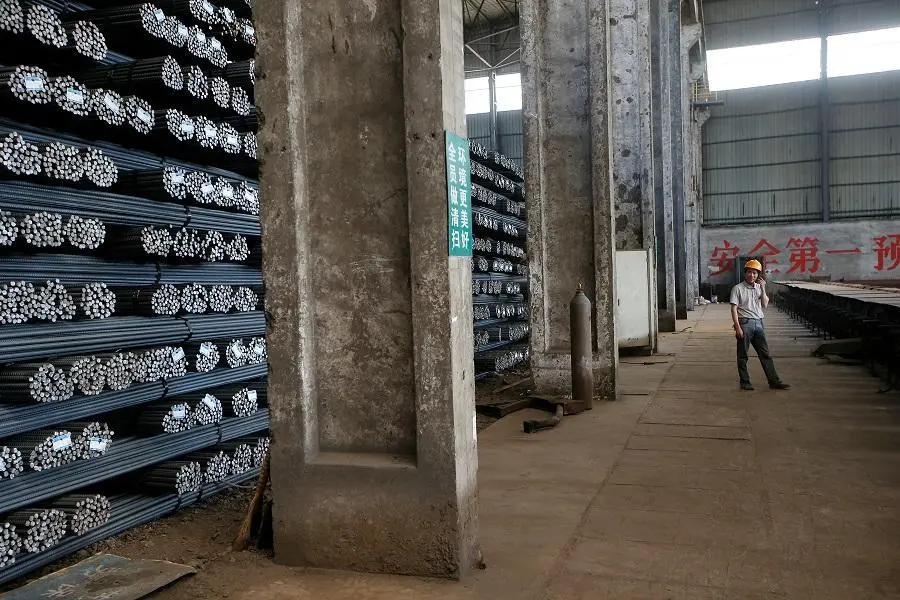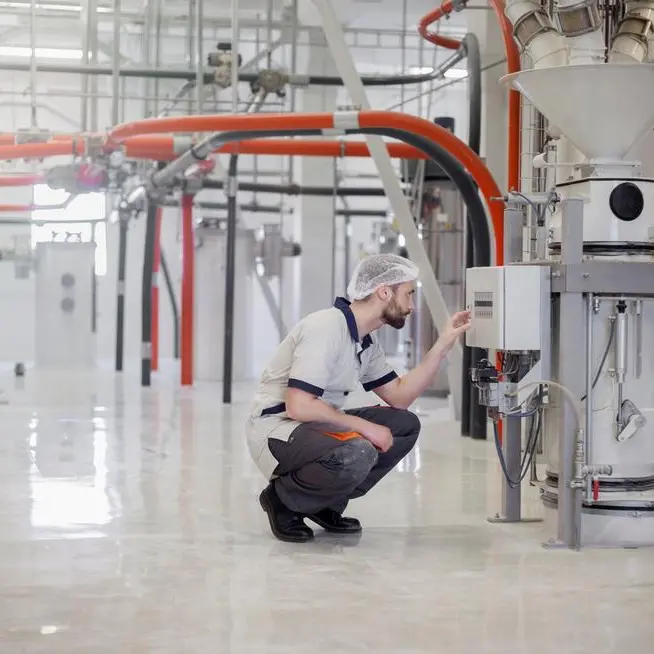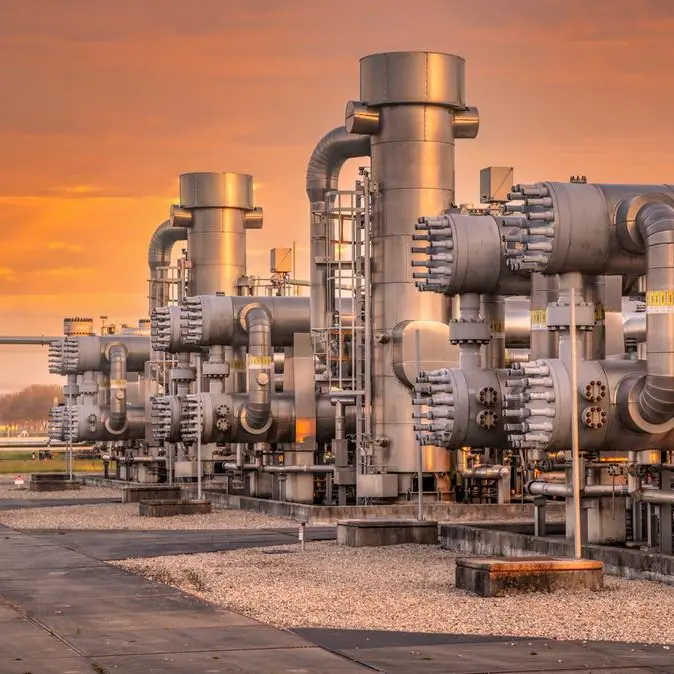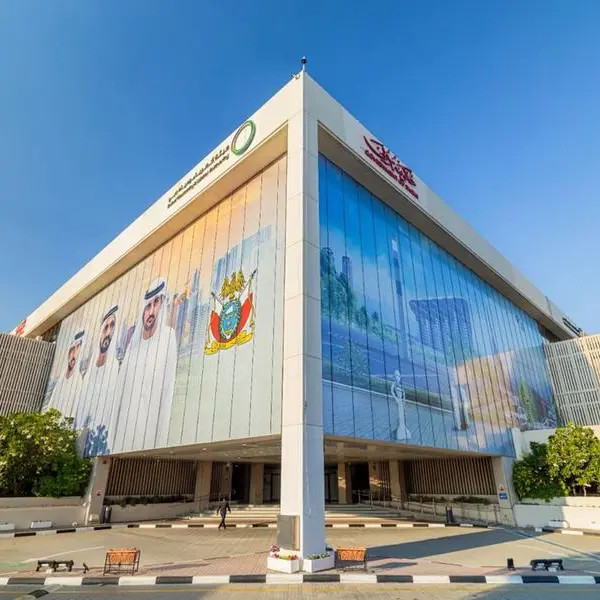PHOTO
BEIJING - Chinese steel prices fell 1.5 percent on Monday, curbed by weak market sentiment despite a pledge by Beijing to step up support for the economy in 2019.
Top policy makers said at an annual meeting last week that China will keep next year's economic growth within a "reasonable range" by cutting taxes and keeping liquidity ample, the official Xinhua news agency said.
The long-awaited meeting extended current policies but failed to result in further stimulus packages, analysts from CITIC Futures said in a note in Mandarin.
"Steel prices are facing adjustment pressures as the expectation of favourable policies fell through," they said.
Benchmark Shanghai rebar futures SRBcv1 dipped as much as 1.9 percent in early trade. The construction product settled 1.5 percent lower at 3,451 yuan ($500.25) a tonne when the market closed on Monday.
Steel prices have been supported by temporary production cuts in the top steelmaking hub of Tangshan.
The city has ordered steel mills to shut all sintering machines and reduce additional output until Dec.31 in a bid cut toxic emissions.
"Steel output is expected to rebound after mills resume operation in January. However, demand is highly likely to fall during that period, which will further rein in prices," analysts at Huatai Futures said in a note.
Downstream users, especially construction sites, typically halt operations during the winter season due to cold weather. They will also take a long break during China's week-long national holiday in early February.
Steelmaking raw ingredients were mixed on Monday. Coking coal futures DJMcv1 climbed 0.1 percent to 1,199 yuan a tonne and coke DCJcv1 dipped 0.4 percent to 1,980 yuan.
However, the most-active iron ore futures on the Dalian Commodity Exchange DCIOcv1 plunged as much as 2.2 percent, their worst performance in a month. It was down 1 percent at 491 yuan a tonne as of 0700 GMT.
China's finance ministry said on Monday that the country will not levy any exports tariffs on 94 products next year including iron ore, fertilisers, coal tar and wood pulp.
(Reporting by Muyu Xu and Ryan Woo; editing by Richard Pullin and Subhranshu Sahu) ((muyu.xu@thomsonreuters.com; +86 010 66271298;))












